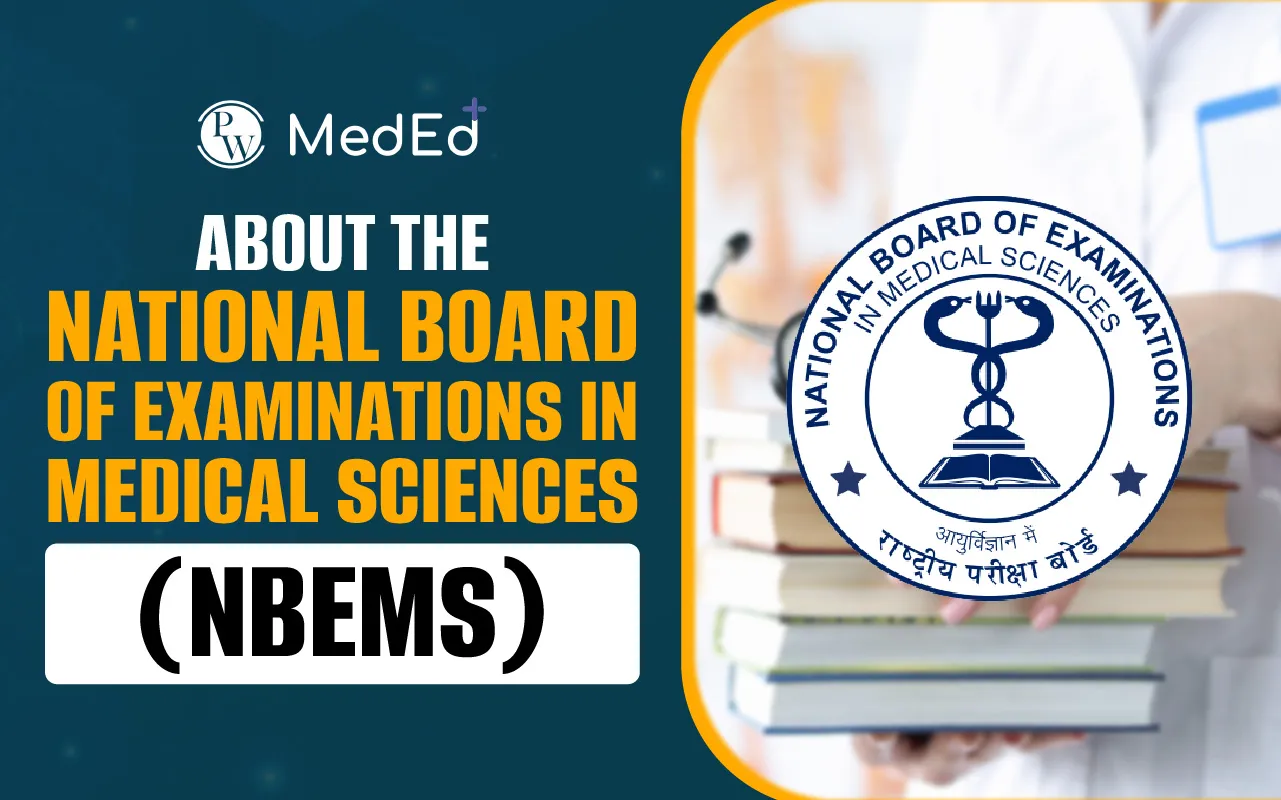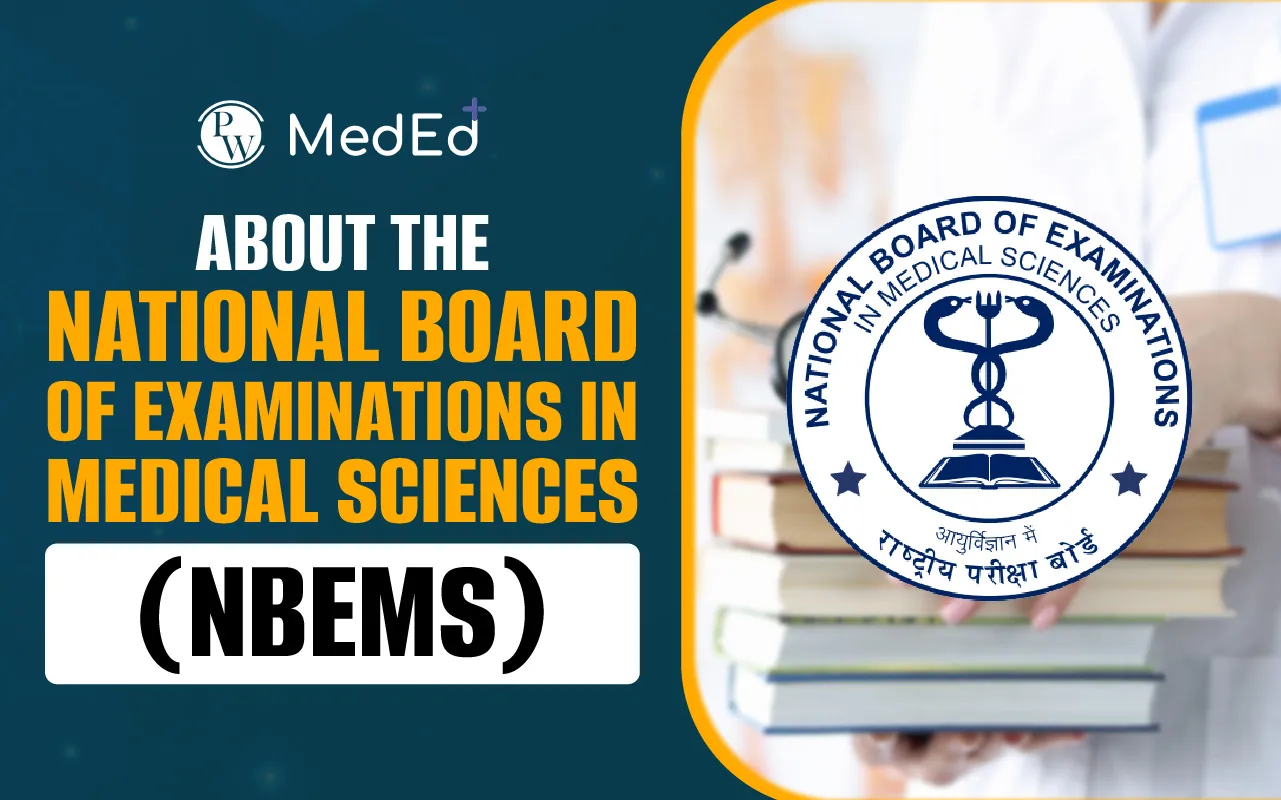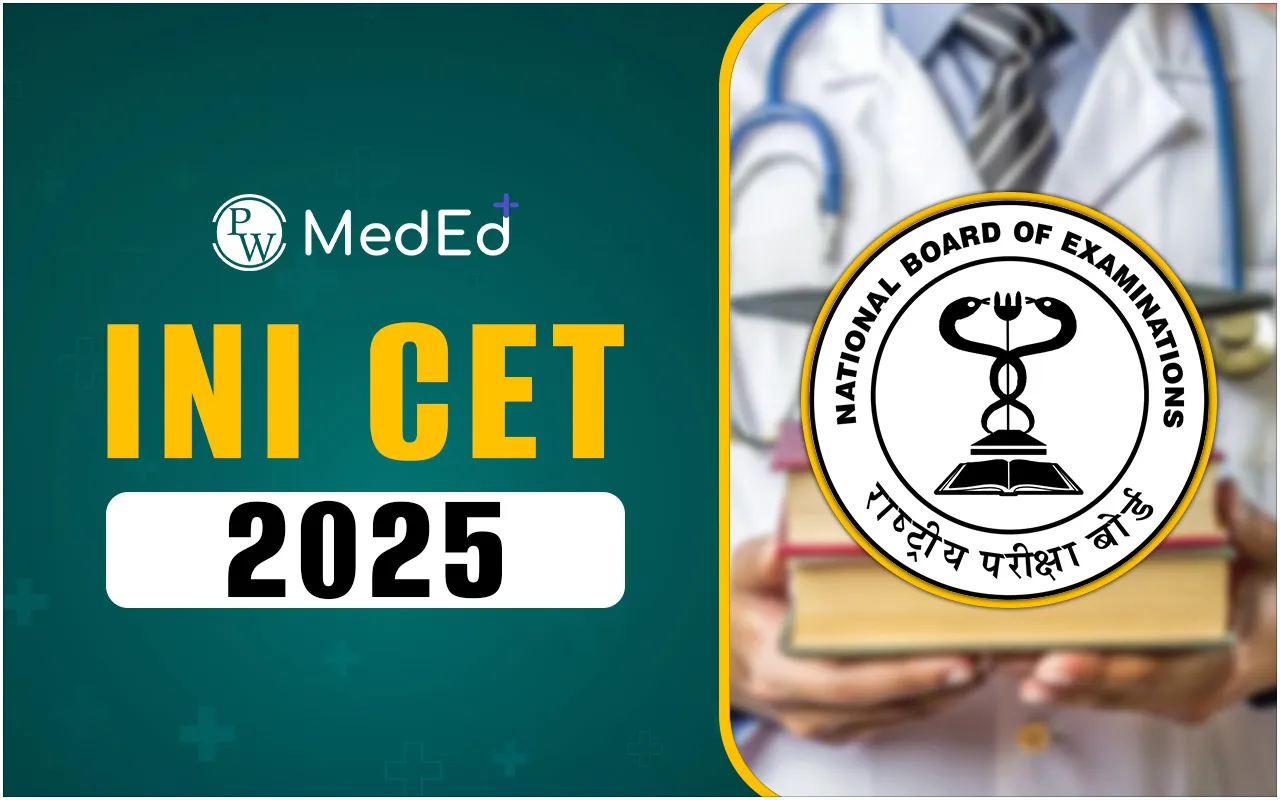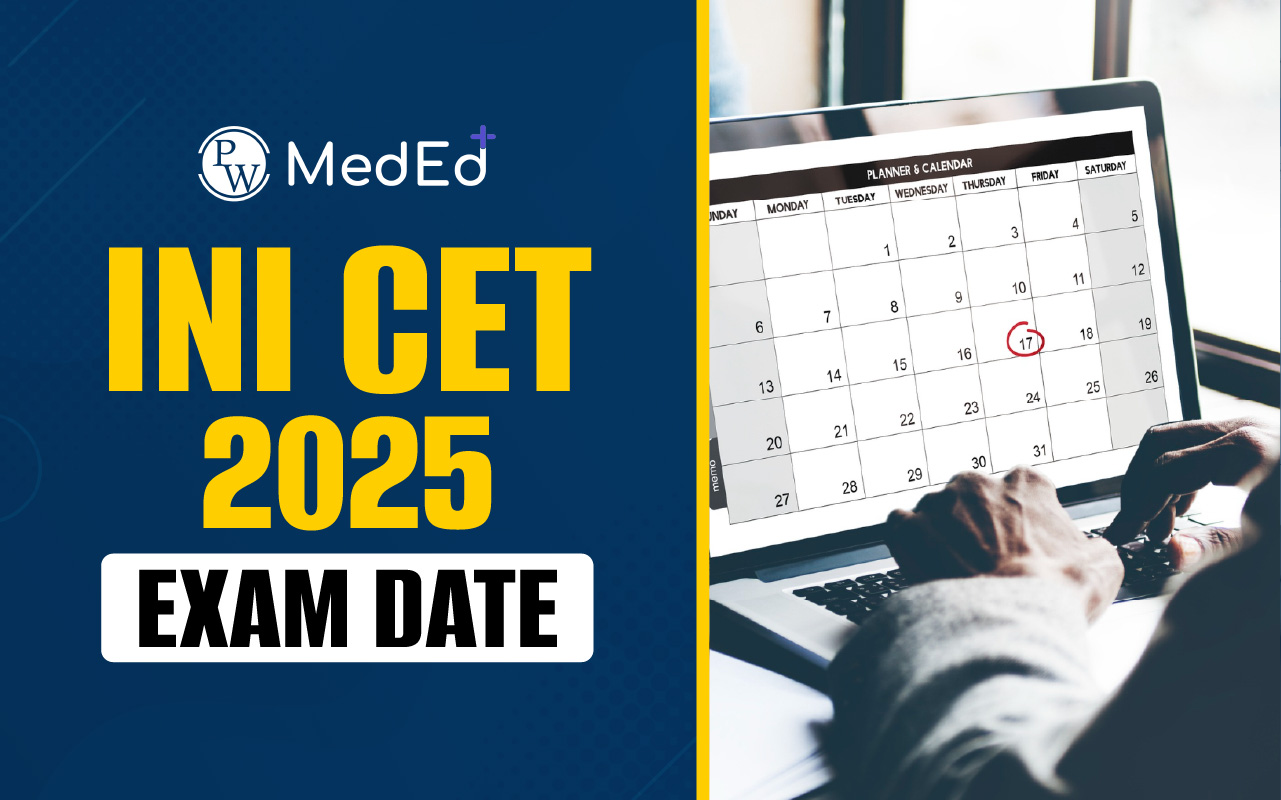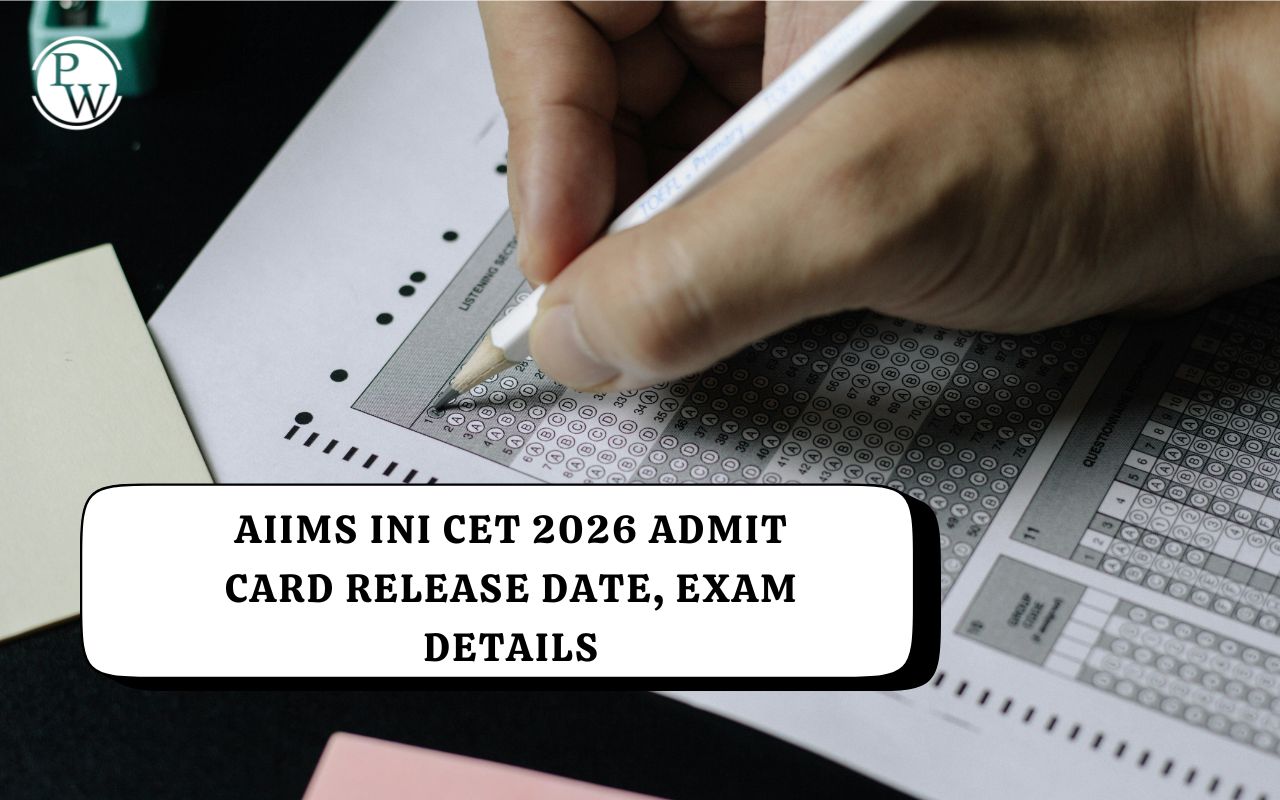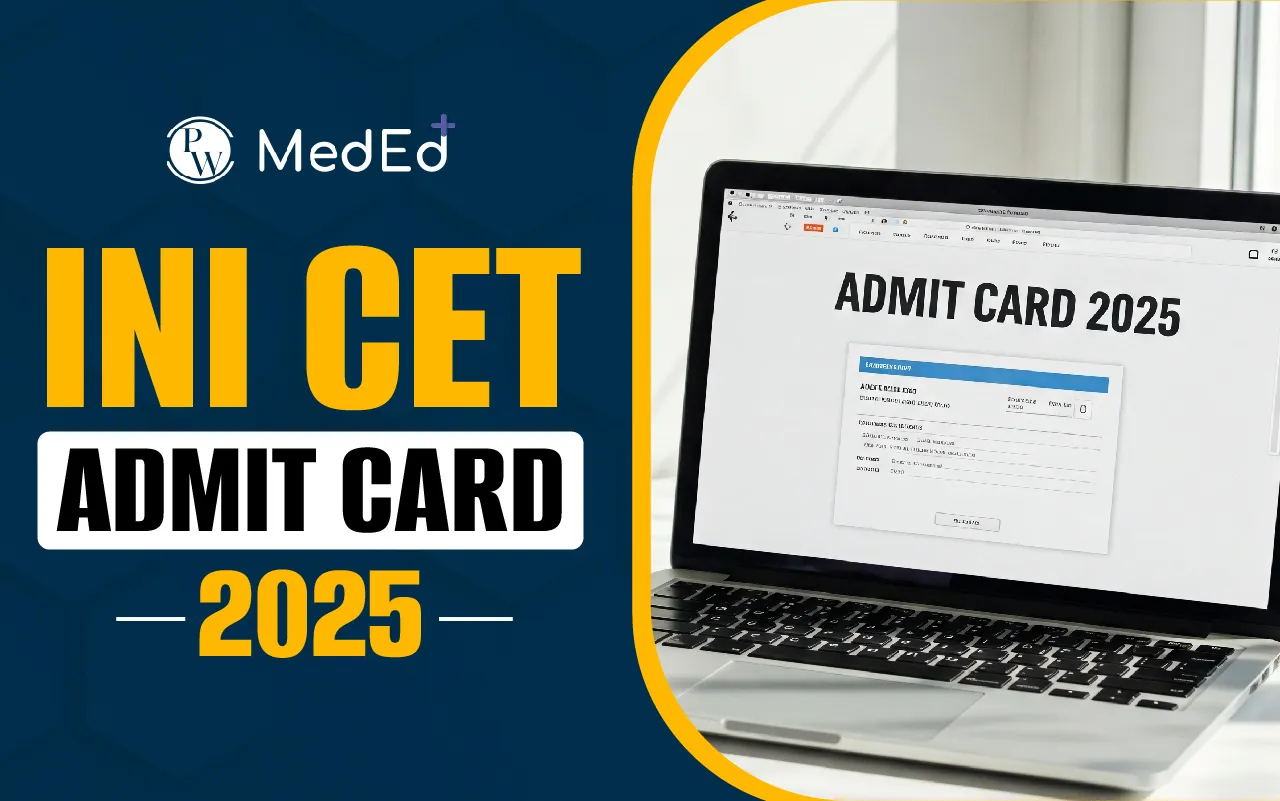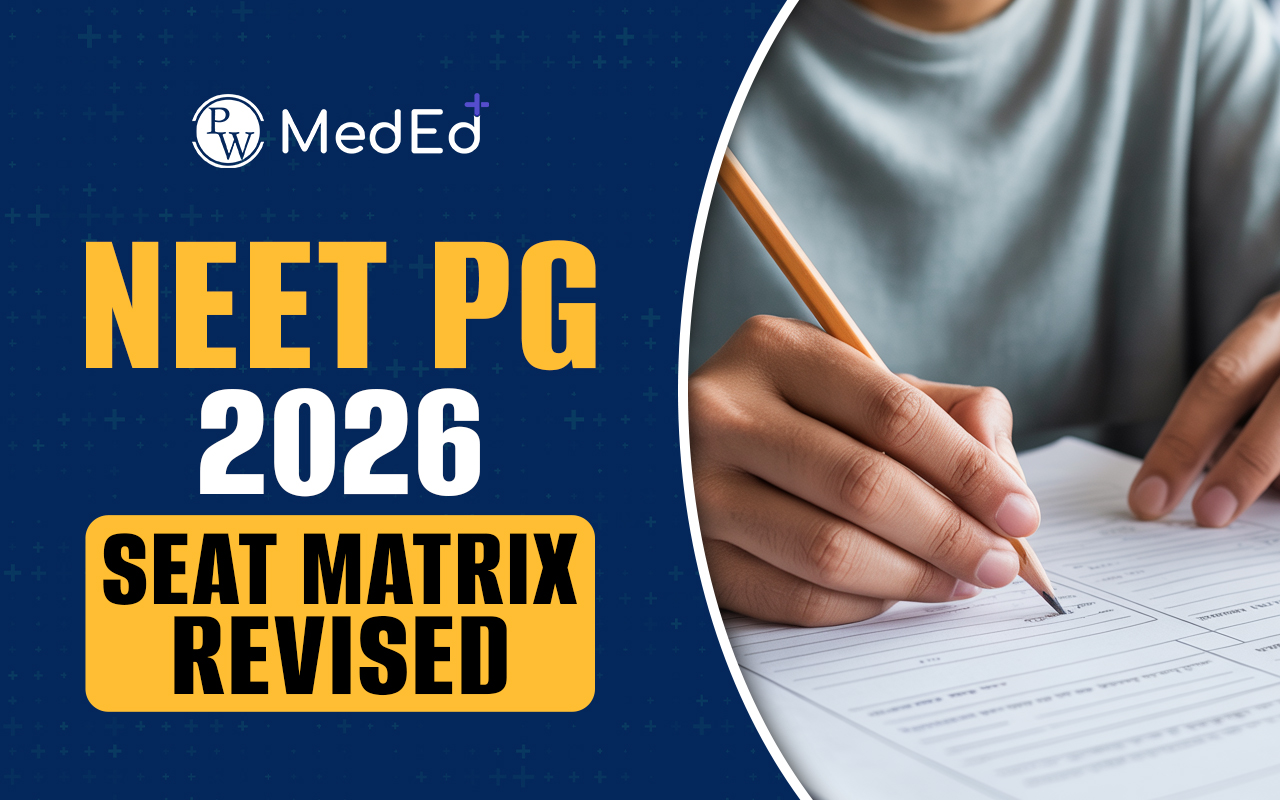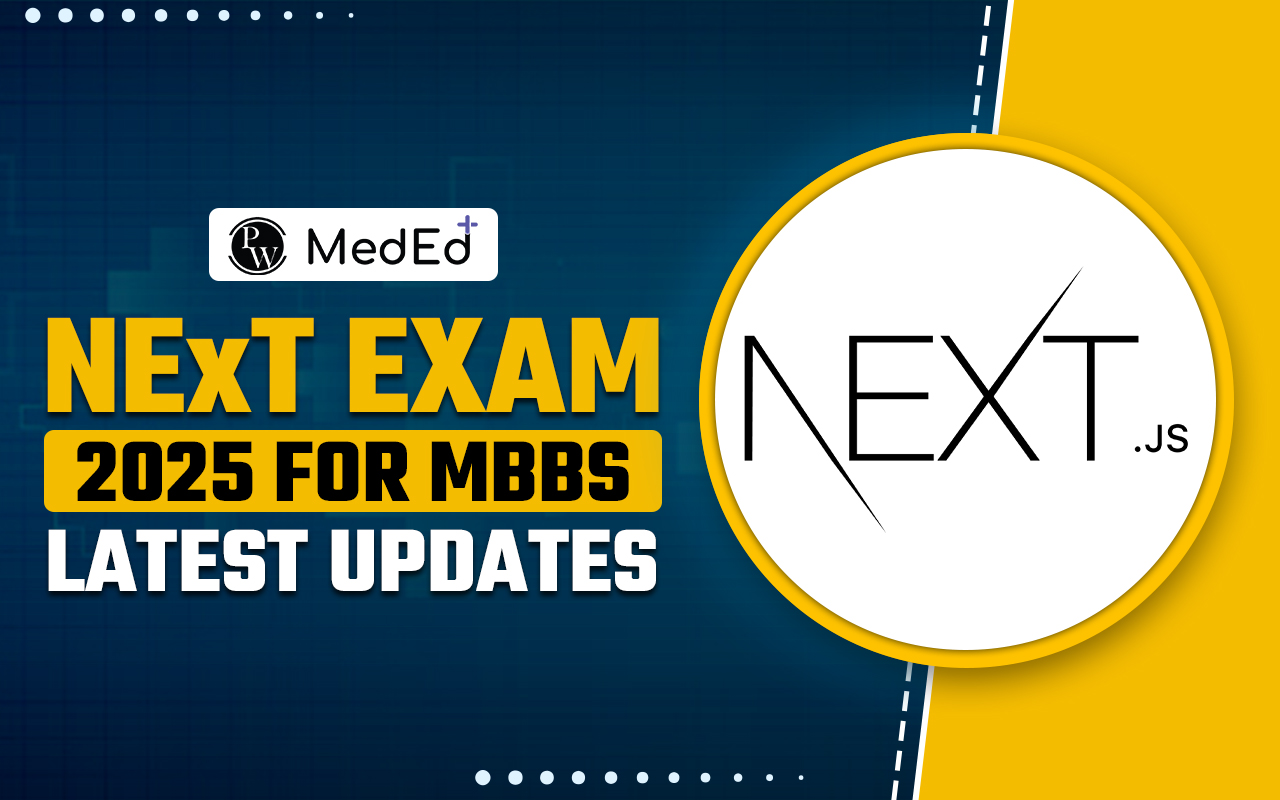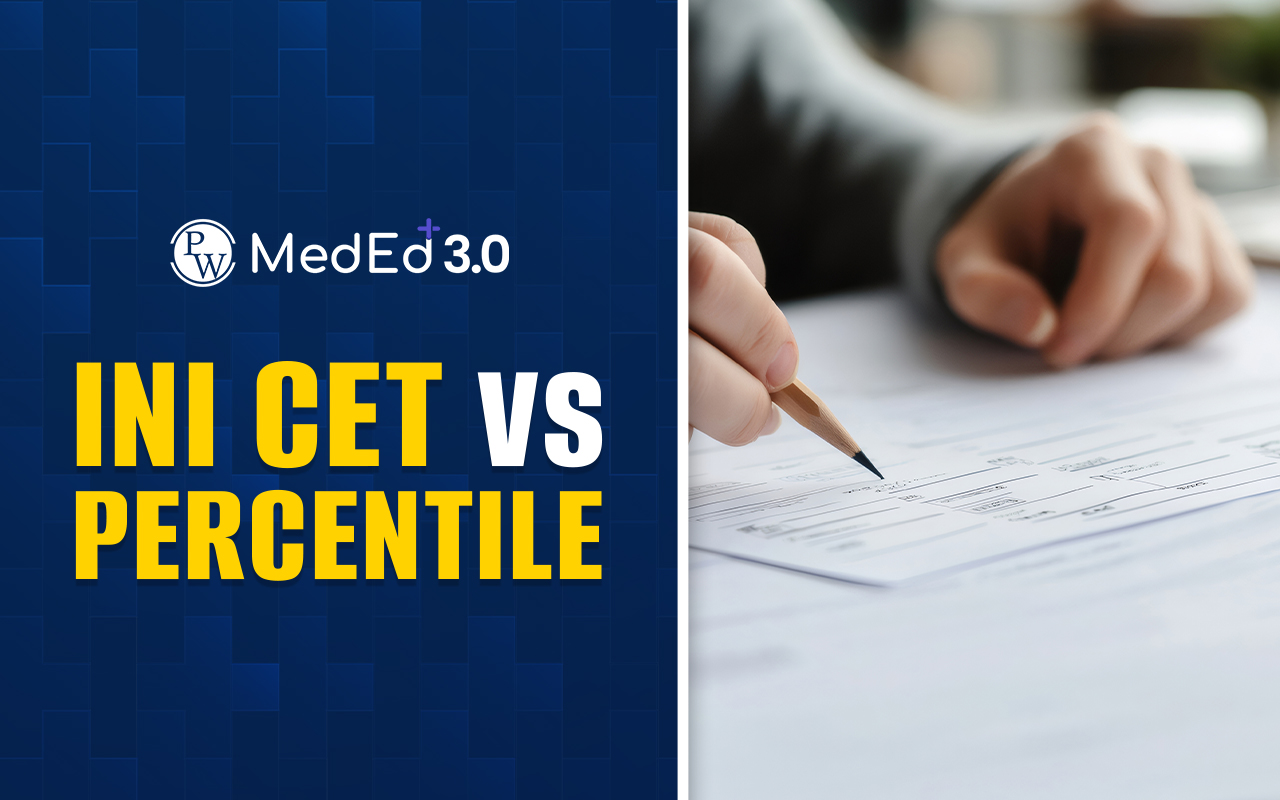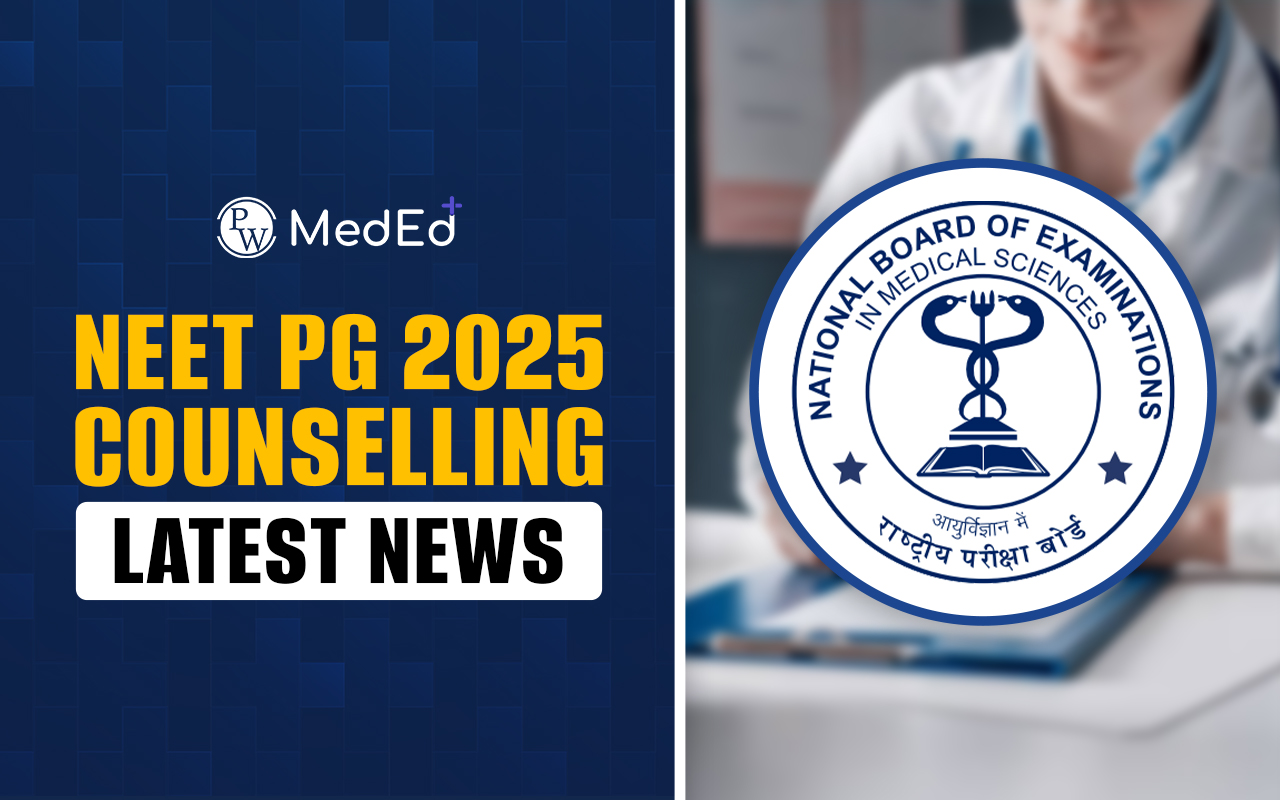What is NBEMS?
NBEMS is responsible for conducting various medical examinations, including entrance, exit, and screening tests. These examinations are crucial for ensuring that medical professionals meet the required standards of competence and knowledge. The board operates under the aegis of the Ministry of Health and Family Welfare, Government of India, and its headquarters is located in New Delhi.
What Does NBEMS Do?
NBEMS undertakes several key functions to maintain and enhance the quality of medical education and practice in India:
-
Conducting Examinations: NBEMS organizes a range of examinations, such as NEET-PG, NEET-SS, FMGE, and DNB/DrNB exit exams, to assess the eligibility and proficiency of medical candidates.
-
Accreditation of Institutions: The board accredits medical institutions across India to offer DNB and FNB programs, ensuring they meet the necessary standards for medical education.
-
Curriculum Development: NBEMS collaborates with medical experts to develop and update curricula for various medical courses, aligning them with current medical practices and research.
-
Continuing Medical Education (CME): The board promotes CME programs to facilitate lifelong learning for medical professionals, keeping them abreast of the latest developments in the medical field.
Eligible Qualifications: DNB & FNB
NBEMS awards two primary qualifications:
-
Diplomate of National Board (DNB): This postgraduate qualification is awarded after completing a three-year training program in various broad specialties. The DNB is recognized as equivalent to MD/MS degrees and is included in the First Schedule of the Indian Medical Council Act, 1956.
-
Doctorate of National Board (DrNB): This super-specialty qualification is awarded after completing a three-year training program in specific super-specialties. It is recognized as equivalent to DM/MCh degrees.
Additionally, NBEMS offers the Fellowship of National Board (FNB) for post-doctoral training in subspecialties, typically lasting two years.
Why NBEMS Matters
NBEMS plays a crucial role in shaping the medical landscape in India. Its examinations serve as a benchmark for assessing the knowledge and skills of medical professionals, ensuring that only qualified individuals enter the healthcare system. By accrediting institutions and developing curricula, NBEMS contributes to the overall improvement of medical education standards in the country.
Role and Responsibilities of NBEMS
NBEMS's responsibilities encompass:
-
Standardizing Medical Education: By conducting uniform examinations and accrediting institutions, NBEMS ensures consistency in medical education across India.
-
Regulating Medical Qualifications: The board oversees the recognition and equivalence of medical qualifications, maintaining the integrity of medical degrees.
-
Promoting Research and Innovation: NBEMS encourages research initiatives and integrates research methodology into its training programs, fostering innovation in medical sciences.
-
Ensuring Quality Assurance: Through rigorous examination processes and accreditation standards, NBEMS upholds the quality of medical education and practice.
NBEMS Examinations and Certifications
NBEMS conducts a variety of examinations:
-
Entrance Examinations: These include NEET-PG (for MD/MS/DNB), NEET-SS (for DM/MCh/DrNB), NEET-MDS (for MDS), DNB-PDCET, and Fellowship Entrance Test (FET).
-
Exit Examinations: These are conducted for DNB/DrNB and FNB programs, leading to the award of respective qualifications.
-
Screening Tests: NBEMS conducts the Foreign Medical Graduate Examination (FMGE) and Foreign Dental Screening Test (FDST) to assess the eligibility of foreign-trained medical professionals to practice in India.
Accreditation and Affiliated Institutions to NBEMS
NBEMS accredits medical institutions to offer DNB and FNB programs. The accreditation process involves evaluating institutions based on criteria such as faculty qualifications, infrastructure, patient load, and training facilities. Accredited institutions are authorized to provide specialized training and award DNB/FNB qualifications to eligible candidates.
NBEMS Impact on Medical Education in India
NBEMS has significantly influenced medical education in India by:
- Enhancing Training Standards: Through structured training programs and standardized examinations, NBEMS has raised the quality of medical training.
- Promoting Specialization: The introduction of super-specialty and fellowship programs has encouraged medical professionals to pursue advanced specialization.
- Ensuring Competency: The rigorous examination processes ensure that only competent individuals are certified, thereby improving patient care.
Contact and Official Resources
For more information or inquiries, candidates and institutions can visit the official NBEMS website: https://www.natboard.edu.in
For assistance, the board can be contacted through the following:
- Phone: 1800-11-7898 (Toll-free)
- Email: helpdesk@natboard.edu.in
- Address: National Board of Examinations in Medical Sciences, Medical Enclave, Ansari Nagar, New Delhi – 110029, India
NBEMS continues to play a vital role in shaping the future of medical education and practice in India, ensuring that the healthcare system is equipped with qualified and competent professionals.

